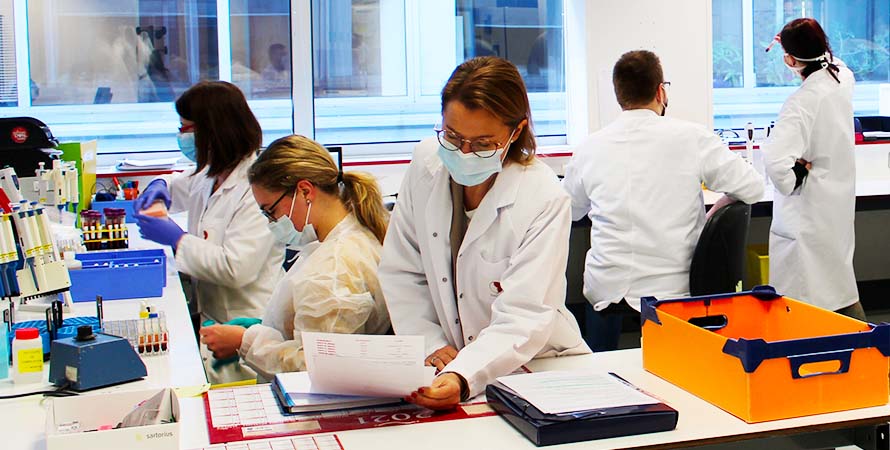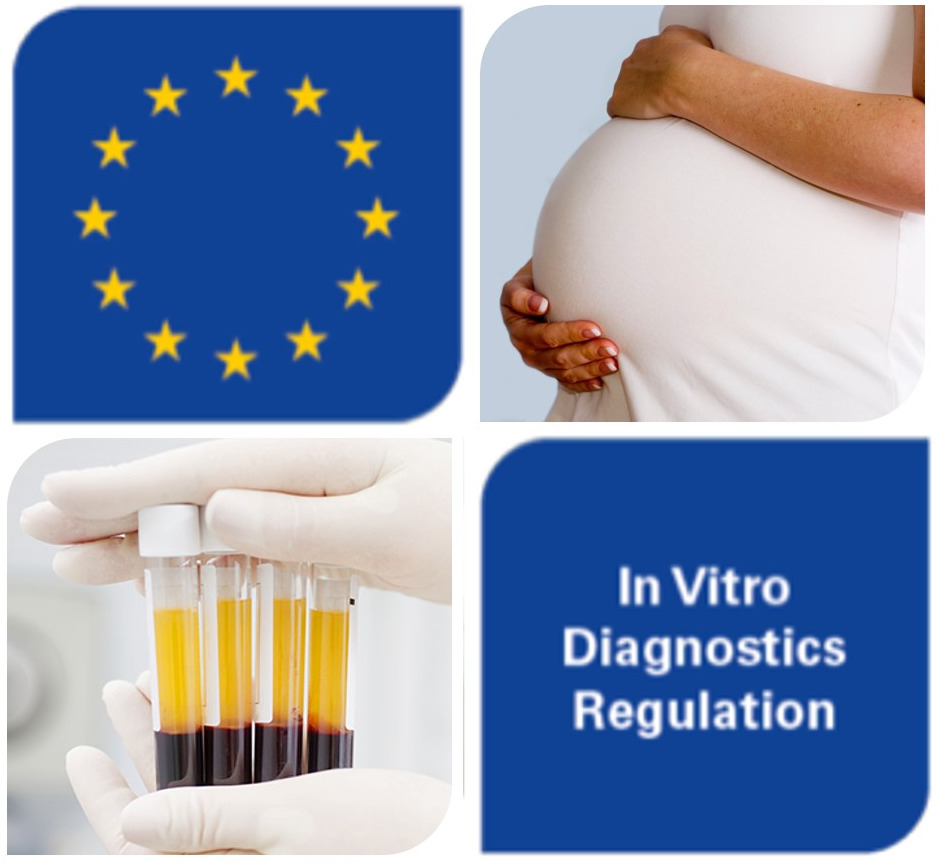The floor is given to Céline Bouriez who took over the management of the department a few months ago. Her priority is to bring all technical files into compliance with the European IVDR(*) regulation applicable in May 2022.
The Regulatory and Clinical Affairs Department and its mission
We have two complementary missions in the same service.
The Regulatory Affairs department ensures the approval of DIAGAST medical devices by notified bodies such as GMED but also with competent authorities in various countries such as the FDA in the United States, Health in Canada, TGA in Australia or ANVISA in Brazil. These approvals are required and necessary before any market authorization.
This service is also responsible for monitoring regulations, analyzing the impact of new requirements and informing internal services.

At the initiation of any project, the regulatory affairs manager transmits the documentation requirements to the relevant departments.
The Regulatory Affairs Department is made up of 3 highly experienced people. Each person is dedicated to a geographical area of which they are an expert: the European area with the management of CE marking, the US and Canadian area, and the World Wide export area.

The Clinical Affairs department generates all of the validation data, that is to say data from analytical and clinical performance studies as well as stability data. They constitute the key elements of the documentary requirements reviewed by the institutions.
The service is made up of two managers supported by technicians.
One of managers is in charge of the compliance of all of our reagents with the new European Regulation, and the other is responsible for new DIAGAST projects in collaboration of the R&D department.
The new IVDR regulation, the priority issue for the Regulatory and Clinical Affairs Department
Following this new European Regulation, the service is obliged to generate new validation data, to establish new procedures and to strengthen international partnerships with defined and controlled obligations.
It also introduces more and more obligations with one central pillar: the patient.
DIAGAST must provide the patient with a safe and effective device. We must know, control the risks and reassess the Benefit/Risk balance at all times.
At DIAGAST, new regulation compliance is a topic of top priority. This is all the more important as EUROPE sets an example for the rest of the world, and so we frequently have to deal with new international regulations on this type of product.

(*) The In Vitro Diagnostic Regulation (IVDR) (EU) 2017/746 is the new European Union legislation, applicable to in vitro diagnostic medical devices (IVDD). Entering into force on May 25, 2017 and marking the beginning of a five-year transition period for manufacturers and economic operators, the IVDR replaces the European In Vitro Diagnostic Directive (IVDD) 98/79/EC.



